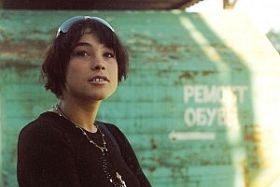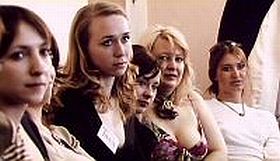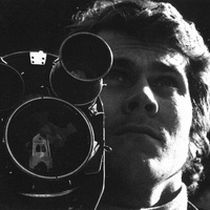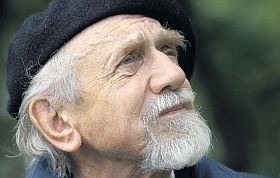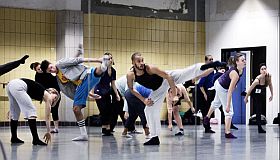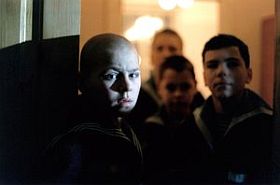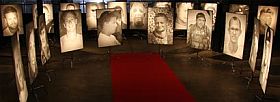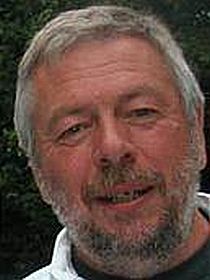


Baltic Sea Forum 2010
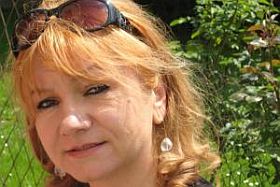
As always perfectly organised by the team at the National Film Centre of Latvia, and supported by the EU MEDIA Programme, the Baltic Sea Forum for Documentaries was held in Riga September 7-12. There was a festival programme of new films (previously mentioned here), very well attended and with the presence of filmmakers to meet the audience. And there was the presentation of 21 projects to a panel of commissioning editors from tv stations in Europe: ETV (Estonian TV), ZDF/ARTE, DR (Denmark), SVT Sweden, YLE Finland, LTV Lithuania, Arte France, LTV Latvia, Lichtpunt Belgium –and the American based film funds ITV and Sundance, the Jan Vrijman Fund attached to the festival in Amsterdam idfa, and a representative from the sales company Autlook in Austria. Finally the documentary expert Grigory Libergal from Russia contributed positively giving advise on festivals and channels. Libergal was happy to announce that the prestigious Moscow International Film festival next year will include a competitive documentary section and that the channel Kultura will go for the acquisition of creative documentaries.
The panel responded to the projects presented, asked questions, agreed in general on a high quality… and reflected on a whole, covering different parts of the European broadcasting landscape, that there is a crisis for (creative documentary) financing. A decade ago the tv representatives would take risks and enter into pre-buys on occasions like this (”I like it, I take it”), this does not happen any longer. The talent is there, the good projects as well – but the message is clear: it will take time before we are able to commit. The producers need to develop more, have more material to show, pitch in other places, make coproductions that can open the national film funds. That is why the Baltic Sea Forum for Documentaries is such an important place to go and meet the market reality, have colleagues to comment on your project and get ready for a long journey. The EU MEDIA programme, through its financing, plays a central role for making projects and films cross borders. Photo: Rada Sesic, filmmaker, expert in Indian films, tutor at the Baltic Sea Forum for many years as well as representative for the Jan Vrijman Fund that has been a very important supporter of documentaries from the Eastern part of Europe.
